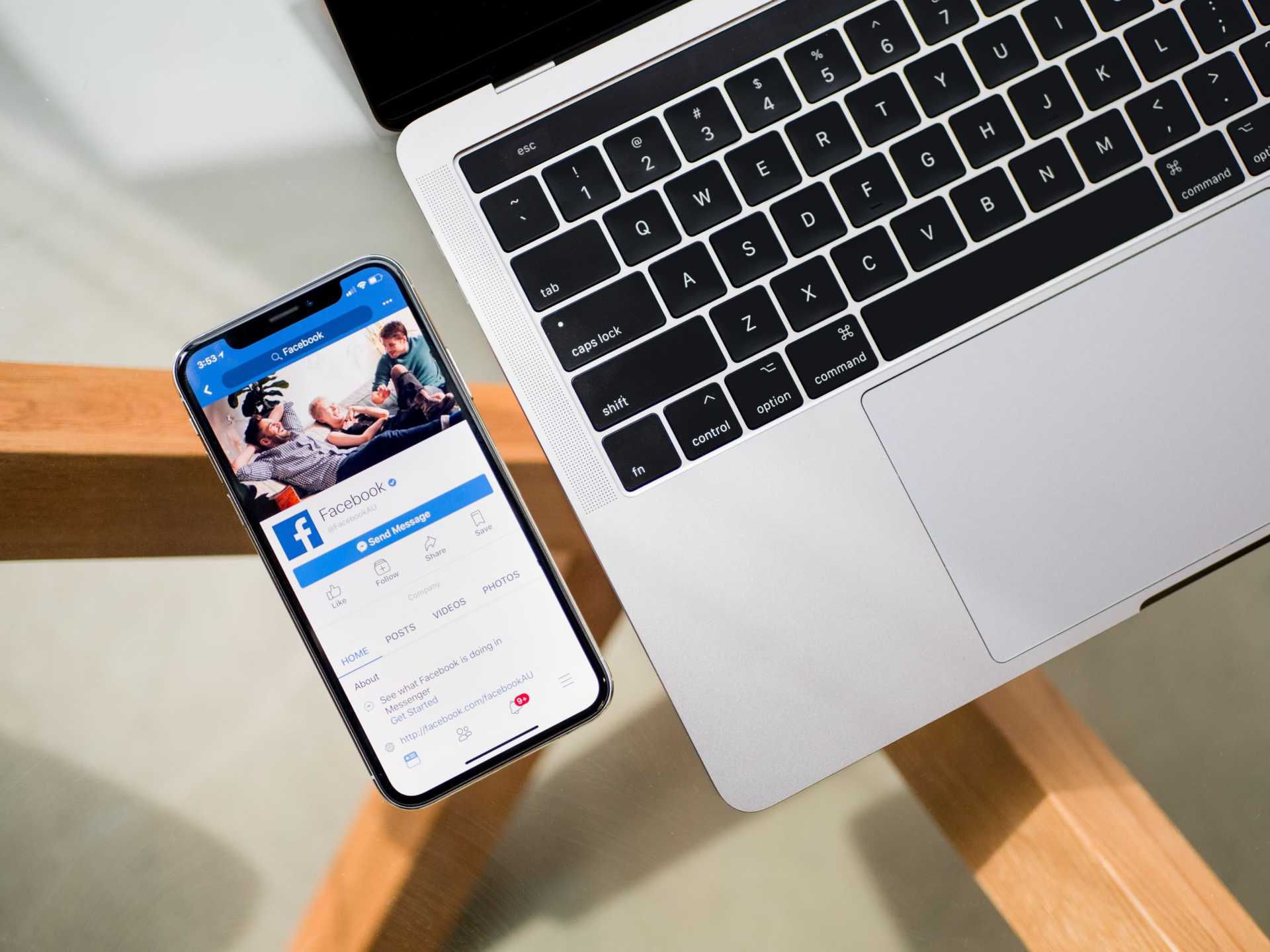

Following Facebook’s data scandal with Cambridge Analytica, Mark Zuckerberg has taken to the media to share upcoming changes to the platform. The Flaunt team discusses the news in this week’s Industry Spotlight…
See below for a full video transcription.
VIDEO TRANSCRIPTION:
Jamie: This last bit is probably one of the most widely covered pieces in tech in the last couple of weeks. It’s to do with the Facebook data scandal with Cambridge Analytica. So, Zuckerberg’s finally responded now. He’s took out like loads of, he took out an ad in the paper, hasn’t he, apologizing?
Lee: His quote is, “We have a responsibility to protect your data, and if we can’t, then we don’t deserve to serve you. I’ve been working to understand exactly what happened and how to make sure this does not happen again.” Yeah, generic.
Jamie: Yeah, and to be fair, it sounds like he’s putting loads of new policies in place. I mean, this article on Marketing Land that we’ve been reading, says he’s promised loads of new policies. And if he gets them put in there, I mean, he can’t really do much else. He said he’s going to ban people that are misusing the platform and gathering data where they shouldn’t be.
Chris: So, on a technical level, what are the restrictions exactly that he’s planning to impose? Stop apps obviously extracting its data?
Jamie: So, one of these is basically saying that if you sign up to an app that asks permissions to do something, and it’s going to do something with your friends, they also have got to have given consent to that app as well.
Chris: Right.
Jamie: Which is quite a giant leap forward because that’s going to basically just rule everyone out, isn’t it?
Chris: Why haven’t they taken that step in the first place?
Lee: Because they made 12 billion over the last 10 years from people using this data.
Jamie: And it says they’re going to get developers to sign, actually sign a contract.
Lee: Yeah. There are three points that are highlighted on the new restrictions. The developers will lose access to all the data if users haven’t used the app in three months. The data an app could get when a user signs in is going to be limited to name, profile, and email. So it’s still pretty accessible. Developers will have to get approval and also sign a contract with Facebook in order to ask for users to their posts or private data. So, it’s basically just tightening everything up and just putting a bit more restrictions on what data they’re going to allow third parties to see.
Chris: Is it as innocent as it comes across do you think?
Lee: No. I think people are overshooting it a little bit. It’s naive to think that a company that has so much data and has an ad platform on the back end which drives most of their revenue is not going to use that data to their financial advantage.
Chris: Yeah, I think it’s a bit naive.
Jamie: Did anyone actually use it to their financial advantage in this case?
Lee: No but Cambridge Analytica wouldn’t have had access if Facebook didn’t have it. But indirectly, people still profited off that data going to Cambridge Analytica.
Chris: Surely most people are aware by now that the social media platforms and anything that pretty much interacts with what stores your data online now will be shared, or sold off, or something. You gotta be pretty naive to think that that doesn’t happen.
Jamie: It doesn’t just end there though, I mean, there’s a new thing that come out the other day that a few of the tech publications picked up on today, whereby someone downloaded the zip of all their Facebook data, you know you can do that now. It gives you literally everything.
Chris: All right.
Jamie: Someone went through that and found like a call log for all his calls between a certain couple of dates, all his texts between a certain couple of days, even though he’d never given consent to Facebook to look at his calls or texts. So there’s like other things that, you know, stuff like that needs tightening up.
Lee: I think, for marketing purposes, the data that they’re using is probably okay. But yeah, when you get down to the nitty-gritty of the stuff that they’re recording, it gets a little dark, yeah.
Jamie: Yeah. They denied that one. But, at least, this guy that, I mean, he’s only on Twitter, is being covered by a few publications. He swears that he never agreed to it and he never, you know, let Messenger do his text, he always had that separate and stuff. So, really, it should never happen, should it?
Chris: I think on the wider conversation about data sharing and stuff, I think people are getting their backs up a little bit too easily about data and how it’s used with Facebook. I mean, even from an advertising standpoint, I think people think when they’re being targeted by ads, that are all of a sudden relevant to them, they get suspicious and they don’t like it. But if you were to actually see the targeting segments that you’ve got access to through Facebook’s platform, it’s all anonymous. You don’t get any personal details or anything like that. It’s just you’re choosing from targeting segments where somebody has demonstrated some sort of interest in, you know, contextually or interacted with something that suggests that they’re into something. I think people take it too far and think that you’re choosing through, you know, you’re looking at their email and the phone number when you’re building out your targeting and stuff, and it’s completely anonymized.
Jamie: The same with when Gmail first started putting ads at the side and people were saying, oh, they’re reading my emails. It’s like, well, they’re not really, are they? They just keywords come up and then they target ads against keywords. The publisher doesn’t know what the contents of your emails are, the ad publishes, that’s just how the algorithm works.
Lee: What annoys me is people want the cake and they want to eat it as well. It’s like you put your email address in to a website, for example, into a form because you want a free something, discount, piece of content, something for nothing. But then, when that data is used to ultimately make an ad experience better, people hate it. It’s like don’t be so naive to give your details away and give consent and then complain about it when it’s used, you know.
Chris: Yeah. The thing is it’s normally used in a really useful way as well. People are given the content and they’re clearly interested in the browsing, so it’s a good experience for everybody. Nobody’s trying to pull the wool over the consumer’s eyes, I think they’re just…there’s a lot of scare mongering that goes on in the industry. And I think people probably exaggerate how data is used and everything. But if you were to see it from an advertiser’s standpoint, you know, using that data is completely protected, secured, and anonymized in ways that, obviously, the general public don’t really understand. That probably needs to be emphasized more.
Jamie: It’s just the few bad people just tire it for everyone else, don’t they? Like when people got all their records stolen out of AWS, which we’ve talked about, and it’s got drivers’ license, photocopies and stuff, it’s like people get their backs up and they just think that, you know, this is it. And I know you mentioned specifically free services like Gmail and Facebook, and saying, you know, people need to understand that if you give any details to these free services, they’re going to monetize it. But then there’s paid services, where they’ll sell, they’ll literally have sold the data on or they’ll have leaked it. Worst case scenario, these things that are ridiculously bad do happen, so people just sort of tar them on that same brush, don’t they a little bit in that respect?
Chris: It rocks the industry a little bit though because you get these anomalies that come out, where, you know, accidents, we’d never been here before, have we really in tech and advertising and the way data’s shared? It’s a new territory for everybody, so we’re learning as we going. And every now and again, there’s a little hiccup like this that occurs. But then it rocks the industry and there’s things like obviously people start putting more emphasis in education into GDPR and things like that, and then it rocks the whole industry again. I mean, is it going to get to a point where people don’t want to share data at all? And then, you know, it’s killing an industry off if what do digital marketers do if there’s no data to harness, to…
Lee: But like you’ve just said it’s anonymized, isn’t it? I don’t think that it will ever become completely dead targeting set because people have got so much of an issue with you having their data. What people need to understand, as you correctly highlighted, is the fact that it’s anonymous.
Chris: Yeah, I know, but what I’m saying is when people, when news pieces come out like this that scare people, people start thinking, “Oh, I’m not going to use Facebook anymore,” you know. And then, can you imagine if that, you know, that builds a bit of momentum and then everybody stops using it? And, you know, it’s the market, digital marketing has taken a bit of a dive generally there. And what happens then? You know, it’s a bit of a spiral in it. People are always quick to criticize Facebook, and slur about what they’re doing, and give them a hard time because they’re the biggest out there. It’s like when WordPress gets a bad name for being insecure, it’s just…
Jamie: Microsoft Windows used to be, getting hacked and virused. Getting a virus disputed every five minutes, you know…
Lee: It’s the most widely used platform probably, arguably, online. It’s going to get people criticizing it, isn’t it? I think people just need to just take a bit of a step back and focus on something a bit more important.
Jamie: It’s still bad though.
Chris: Yeah, it’s still bad. But, I think, for everybody that criticizes it, and every article that comes out like this, you know, slating it, I think there has to be a counter-argument that puts it into context a little bit and says, you know, “It’s not a catastrophe,”, “It’s not the end of the world, and this is how it works, and you are still secure.” People just need reminding and reassurance that they are more secure than I think they think they are.
Lee: Yeah, worst things have happened.
Chris: Yeah, true.